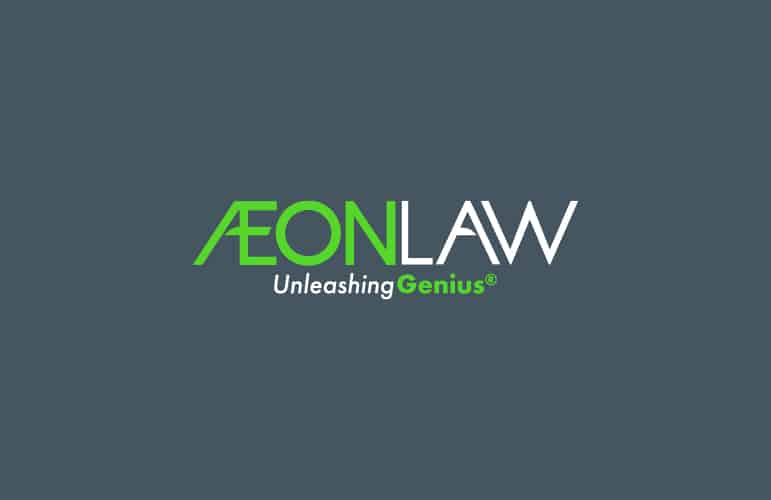Companies that offer free licenses to patented inventions, rather than take advantage of the limited monopoly granted by the patent, may actually make more money, according to a new study.
The paper, entitled “Licensing to Boost Aggregate Odds for Success,” is to be published in Economics Letters. The author is Gilad Sorek, assistant visiting professor of economics at the University of Buffalo.
According to the abstract,
[the paper shows] how technological leader gains from inviting entrant into R&D competition to improve over existing patented technology, as the entrant takes complementary R&D effort and demand for both current and improved technologies is increasing with aggregate probability for successful quality improvement.
“This research arose from the notion that a too-tight patent protection actually may hinder technological progress, reflected in sovereign acts taken by firms who give it up,” the author explains.
By inviting additional research into the area covered by the patent, the inventor may be able to stimulate further demand for its products based on the invention, Sorek says. The company may lose market share, but the overall market may grow.
For example, to benefit from an invention, a company may need other companies to develop complementary technologies.
“Independent research lines are crucial,” says Sorek. “If two firms collaborate, pursuing the same experiment, those firms either succeed or fail together. There is not much to be gained. But by working independently, we have independent probabilities for success. Innovation doesn’t just make innovators better off; it makes current consumers better off and it provides the nexus to the next technological breakthrough.”
He cites the examples of Adobe putting Postscript and PDF formats in the public domain and IBM donating patents to others.
Open-source software platforms such as Android and Linux have also led to vigorous and growing markets.
Essentially, the author concludes that when it comes to patents, “a rising tide lifts all boats.”
Professor Sorek trained at Tel Aviv University and previously published a paper entitled “Patents and quality growth in OLG economy” in the Journal of Macroeconomics.


